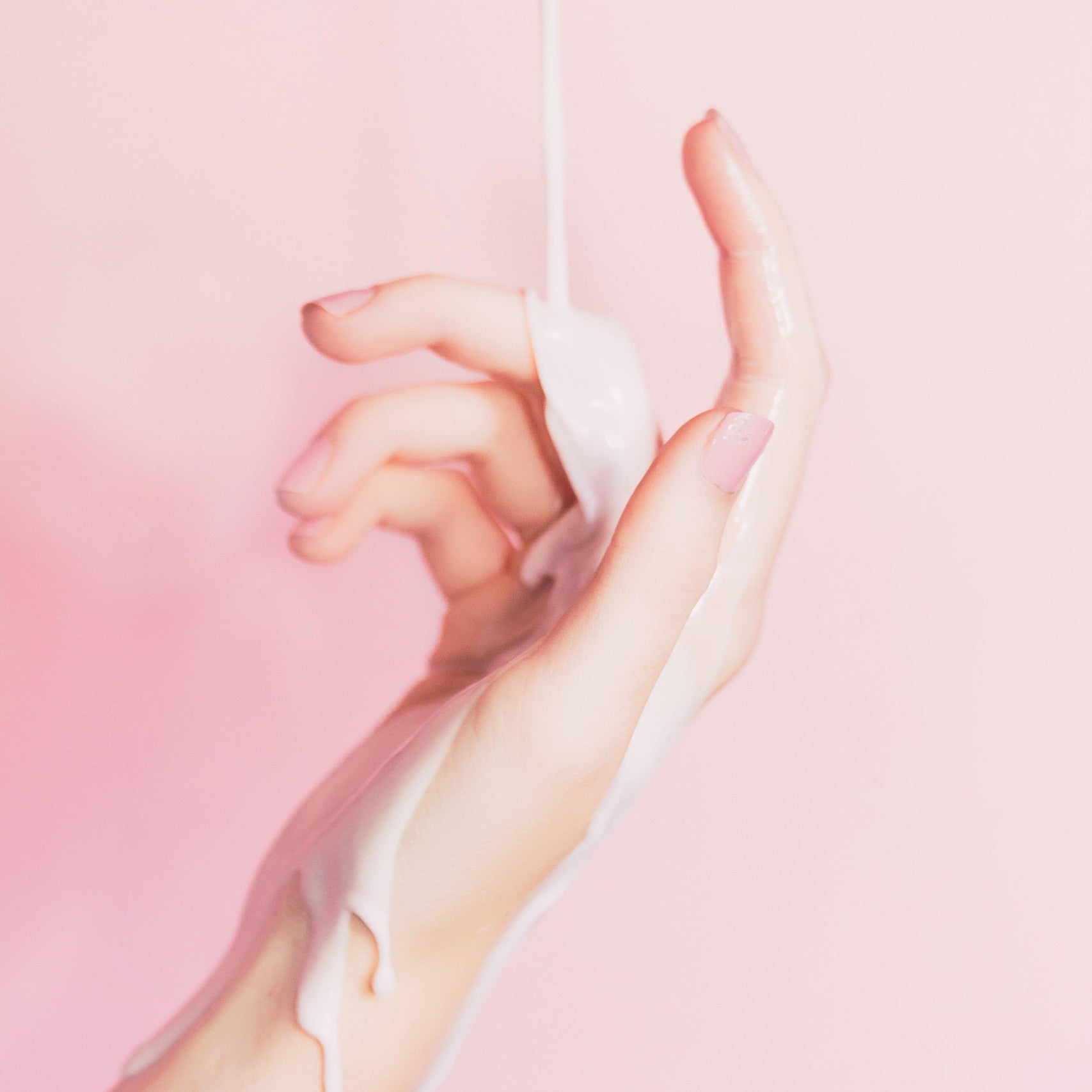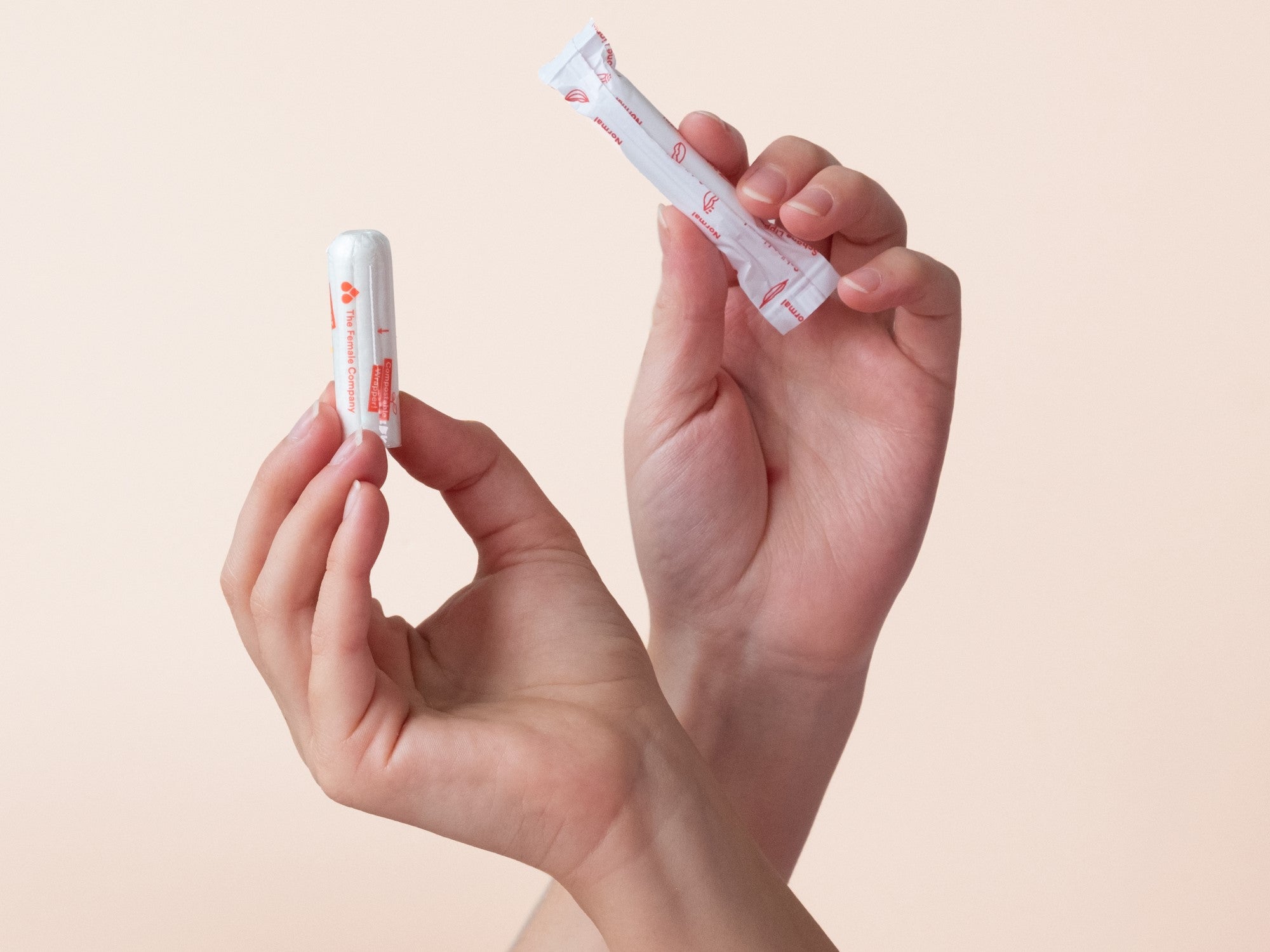Intermenstrual bleeding despite taking the pill – has it ever happened to you? Anyone who has decided to take the pill believes one thing above all else: it is a surefire way to have a period. Bleeding at the touch of a button and peace and quiet between periods. Think again.
BAM – a nasty intermenstrual bleeding starts!
Why is that? We'll explain it to you in detail.
Attention, here comes the information about pill-induced intermenstrual bleeding .
Summary
As a general rule, if you experience intermenstrual bleeding, there is no need to worry!
Sometimes ovulation can be followed by intermenstrual bleeding.
If you feel strange or uncomfortable in any way, make an appointment with your gynecologist to be absolutely sure.
Table of contents
Contents
1. Intermenstrual bleeding - Why?

So what's behind it? You've started taking the pill and are immediately hit by a nasty spotting... totally shitty.
But often that is exactly where the trigger lies. Because if you haven't been taking the pill for very long, your body has to get used to the hormonal changes first .
Reason for concern? Generally, no.
The so-called “mini pill” (with a particularly low hormone dosage) can especially trigger this type of bleeding. In most cases, however, your body gets used to the change within four months .
Are you wondering how you can recognize intermenstrual bleeding? It's very simple. Intermenstrual bleeding is often also called spotting . The name comes from the fact that the discharge is brownish in color . In addition, bleeding that lasts longer can also occur during intermenstrual bleeding.
If your bleeding between periods lasts a long time despite taking the pill and you have a bad feeling in other ways – trust your body. Make an appointment with your gynecologist and get yourself examined. Better safe than sorry .
2. Trigger for intermenstrual bleeding
In addition to hormonal changes, ovulation in the middle of your cycle can also be the reason for ovulation bleeding.
Are you one of those ladies who can feel when you are ovulating? Respect. A slight pulling sensation in the abdomen or groin usually announces ovulation, followed by light spotting .
The cause: After ovulation, estrogen levels can drop slightly, which triggers a so-called hormone withdrawal bleeding .
The most common reasons for intermenstrual bleeding include:
- Incorrect use: One of the most common reasons for intermenstrual bleeding despite taking the pill is inaccurate use. If the pill is not taken correctly, for example if a pill is forgotten or if the time of taking it is delayed, this can lead to a hormonal imbalance. This in turn can lead to intermenstrual bleeding.
- New pill: Switching to a different pill or taking a pill for the first time can cause spotting. Your body may need time to adjust to the new hormones. During the first few months of taking a new pill, you may experience spotting, but this usually goes away on its own after a certain period of time.
- Hormonal fluctuations: The female body is complex and hormonal fluctuations can lead to spotting. These fluctuations can be triggered by stress, emotional stress or other factors. The pill itself contains hormones that can affect the natural hormonal balance. In some cases, this can lead to spotting.
- Infections or diseases: Sometimes infections or diseases in the reproductive system can lead to spotting. Sexually transmitted infections such as chlamydia or gonorrhea can cause inflammation and lead to bleeding. Diseases such as endometriosis or uterine polyps can also cause spotting.
- Hormonal intolerance: Some people may not respond well to certain hormones in the pill. In rare cases, hormonal intolerance may occur, leading to spotting. If spotting occurs regularly and is heavy, a doctor should be consulted to check the pill's tolerance.
3. How to: stop intermenstrual bleeding?
And what if you just want it to stop flowing down there? If you want to stop the intermenstrual bleeding , you have the following options:
- Don't take a break from the pill: If it gets too much for you, you can simply continue taking the pill. However, you should definitely discuss this with your doctor.
- Exercise, exercise, exercise: exercise can help the bleeding stop faster.
- Yarrow: Yarrow can actually stop your bleeding. It is available as a tea or in tablet form.
Either way - in most cases, intermenstrual bleeding is completely harmless despite taking the pill. But it can still be annoying. All the better that you can take perfect precautions with our organic panty liners. How? Simply order our flexible monthly subscription easily and benefit from our period products made from certified cotton - whenever you want and as often as you want.




































